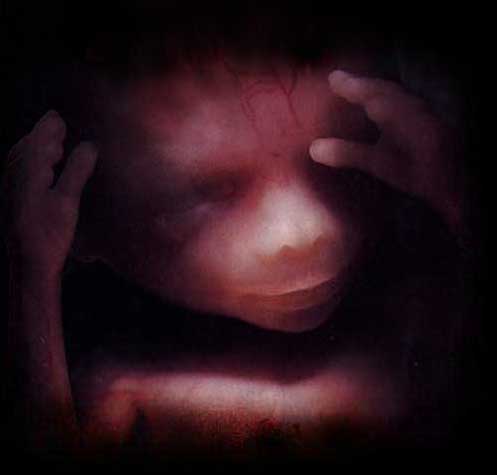
Newsweek conducted a poll saying that Kerry now has a 5 point lead coming out of the convention. But you have to scroll down to the bottom of the page to discover how unreliable this poll is:
For the NEWSWEEK poll, Princeton Survey Research Associates interviewed 1,010 adults aged 18 and older July 29 and July 30 by telephone. The margin of error is plus or minus 3 percentage points.What do you notice about the sample group? It's a group of only "adults" not registered voters or likely voters. Read more about how polls are misleading at Crush Kerry. Also, Captain Ed at Captain's Quarters has a great analysis here.
UPDATE!!! NO BOUNCE!
From Drudge:
Bush leading 50 to 47 among likely voters in new GALLUPUSATODAYCNN poll
CNN -- Late Edition Primetime
Sun Aug 01 2004
WOLF: we're also getting new information, the first new poll numbers since the democratic convention. they're coming in right now and they're showing an apparent difference between registered voters and likely voters. here to explain exactly what's going on our senior political analyst bill schneider. bill, this is the latest cnn/""usa today""/gallup poll. these are numbers that were completely taken, this poll since john kerry's acceptance speech. i want to show our viewers what the numbers show so far. among registered voters, this is important, registered voters, john kerry is now at 50% compared to george w. bush at 47%. you see what it was before the convention, 49/45 in favor of kerry. among likely voters, though, take a look at this. a difference, likely voters, 50% for bush, 47% for kerry. a reversal, the margin of error, though, 3% in this poll you see. well, first of all, explain the difference between registered and likely voters.
SCHNEIDER: wolf, about three-quarters of americans are registered to vote but in the presidential election typically only about half or a little bit over half will turn out to vote. so what the gallup poll does is screen people according to their interests, their intention to vote, their enthusiasm and screen out the 50% who in the typical presidential election are likely to vote. so, if this election is a typical presidential election, the likely voters show a slight lead for bush but if turnout is higher than that, and we get more registered voters actually voting that should help kerry.
WOLF: what do these numbers say about the so-called bounce out of this democratic convention?
SCHNEIDER: no bounce and that's striking. they show there might have been a very brief bounce, not a bounce but a blip i'd call it among people interviewed on friday after the convention kerry was ahead by five points. we continued to interview on saturday and those people -- bush moved into a slight lead of two points. we will continue to interview people but this looks like the shortest bounce on record.
WOLF: is that because the country basically had already made up their mind? there wasn't a whole lot of room for undecides? that's what the democrats keep saying.
SCHNEIDER: looks like they had a point. what we're see showing is before the convention the democrats were hugely enthusiastic about voting. over three-quarters said they were more enthusiastic than usual. after the convention the number of democrats who said they were enthusiastic went up only slightly. they already had their bounce but what really changed is that the republicans, the bush voters went way up in enthusiasm gaining eight points so it looks like, yes, the convention rallied voters but it rallied republicans more than democrats. the only good news for democrat, democrats are still more enthusiastic about voting than republicans are.

































